What Are Modal Verbs?
Modal verbs are auxiliary verbs that express a speaker’s attitude towards the action of the main verb. Unlike regular verbs, modal verbs do not change form based on the subject and do not have past or future forms. The most common modal verbs are can, could, may, might, shall, should, would, must, and ought to.
Types of Modal Verbs and Their Uses
1. Can and Could
- Can: Indicates ability or possibility. It is used for present or general abilities.
- Example: She can play the piano.
- Could: Used for past abilities or polite requests.
- Example: When I was young, I could run fast.
| Modal Verb | Use Case | Example |
|---|---|---|
| Can | Ability | He can speak three languages. |
| Could | Past Ability | I could swim when I was five. |
2. May and Might
- May: Used for formal requests or to express possibility.
- Example: May I leave early today?
- Might: Suggests a lower probability than “may.”
- Example: It might rain tomorrow.
| Modal Verb | Use Case | Example |
|---|---|---|
| May | Permission | You may go out after finishing homework. |
| Might | Possibility (less certain) | She might come to the party. |
3. Shall and Should
- Shall: Traditionally used with “I” and “we” for future actions or suggestions.
- Example: Shall we dance?
- Should: Expresses advice, obligation, or expectation.
- Example: You should wear a coat; it’s cold outside.
| Modal Verb | Use Case | Example |
|---|---|---|
| Shall | Suggestion | Shall we start the meeting? |
| Should | Advice | You should see a doctor about that cough. |
4. Will and Would
- Will: Indicates future actions or strong intentions.
- Example: I will call you tomorrow.
- Would: Used for polite requests or hypothetical situations.
- Example: Would you like some tea?
| Modal Verb | Use Case | Example |
|---|---|---|
| Will | Future Intentions | I will visit my grandparents next week. |
| Would | Polite Requests | Would you mind opening the window? |
5. Must and Ought to
- Must: Indicates necessity or strong obligation.
- Example: You must wear a seatbelt while driving.
- Ought to: Used to express moral obligation or advice.
- Example: You ought to apologize for being late.
| Modal Verb | Use Case | Example |
|---|---|---|
| Must | Necessity/Obligation | You must finish your work by 5 PM. |
| Ought to | Moral Obligation/Advice | We ought to help those in need. |
Advanced Usage of Modal Verbs
Modal verbs can also be used in various advanced structures to convey nuanced meanings. Here are some examples:
Modal Verbs in Conditional Sentences
Modal verbs are commonly used in conditional sentences to show possibilities, suggestions, or imaginary situations. Here are some examples:
- Could: If I could speak French, I would move to France.
- Might: If it rains, we might stay indoors.
- Would: If he studied harder, he would pass the exam.
Modal Verbs in Questions
Modal verbs can be used to form questions, which often involve asking for permission or making polite requests. Here are some examples:
- Can: Can I borrow your pen?
- May: May I sit here?
- Would: Would you help me with this task?
Modal Perfect
The modal perfect form is used to make guesses or assumptions about past events. Here are some examples:
- Must have: He must have forgotten his keys.
- Could have: She could have taken the earlier train.
- Might have: They might have left already.
| Modal Verb | Advanced Use Case | Example |
|---|---|---|
| Would | Hypothetical Situations | If I were you, I would study harder. |
| Must | Speculation about Past | He must have been tired. |
List of Modal Verbs
- Can
- Could
- May
- Might
- Shall
- Should
- Will
- Would
- Must
- Ought to
- Need to
- Have to
- Had better
- Would rather
- Could have
- Should have
- Might have
- Will have
- Would have
- Must have
Modal Verbs Example Sentences
- She can sing very well.
- You must finish your homework before dinner.
- They might come to the party.
- We should go to the doctor.
- He could play the guitar when he was younger.
- May I borrow your pen?
- You ought to apologize for being late.
- Will you help me with this project?
- You need to bring your ID to enter the building.
- I would like a cup of tea, please.
- She has to work late tonight.
- They might not understand the instructions.
- He shouldn’t eat so much junk food.
- Can you help me with this problem?
- We mustn’t forget to lock the door.
- You don’t have to come if you’re busy.
- Could you please pass the salt?
- He wouldn’t agree to the plan.
- Shall we go for a walk?
- You had better take an umbrella, just in case.
Common Mistakes and How to Avoid Them
- Using the wrong modal verb: Always consider the context and meaning.
- Incorrect: He can be at home now. (Wrong because “can” suggests ability, not certainty)
- Correct: He might be at home now. (Correct as it indicates possibility)
- Forgetting the base form of the main verb: Remember, modal verbs are followed by the base form of the verb.
- Incorrect: She can to swim.
- Correct: She can swim.
Read Also:

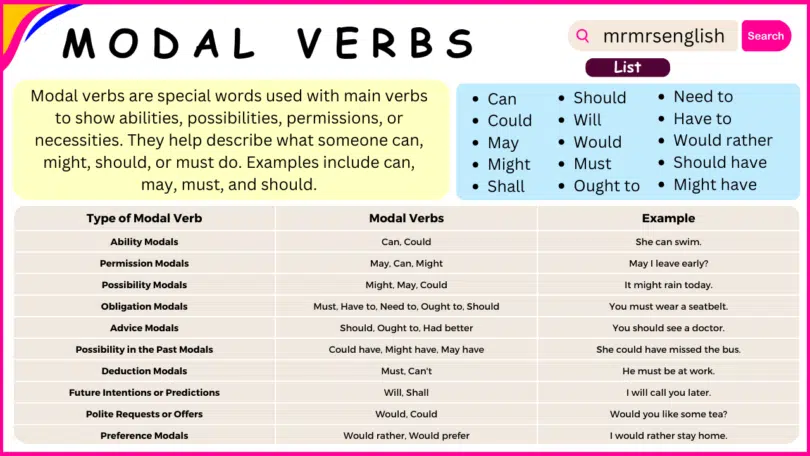

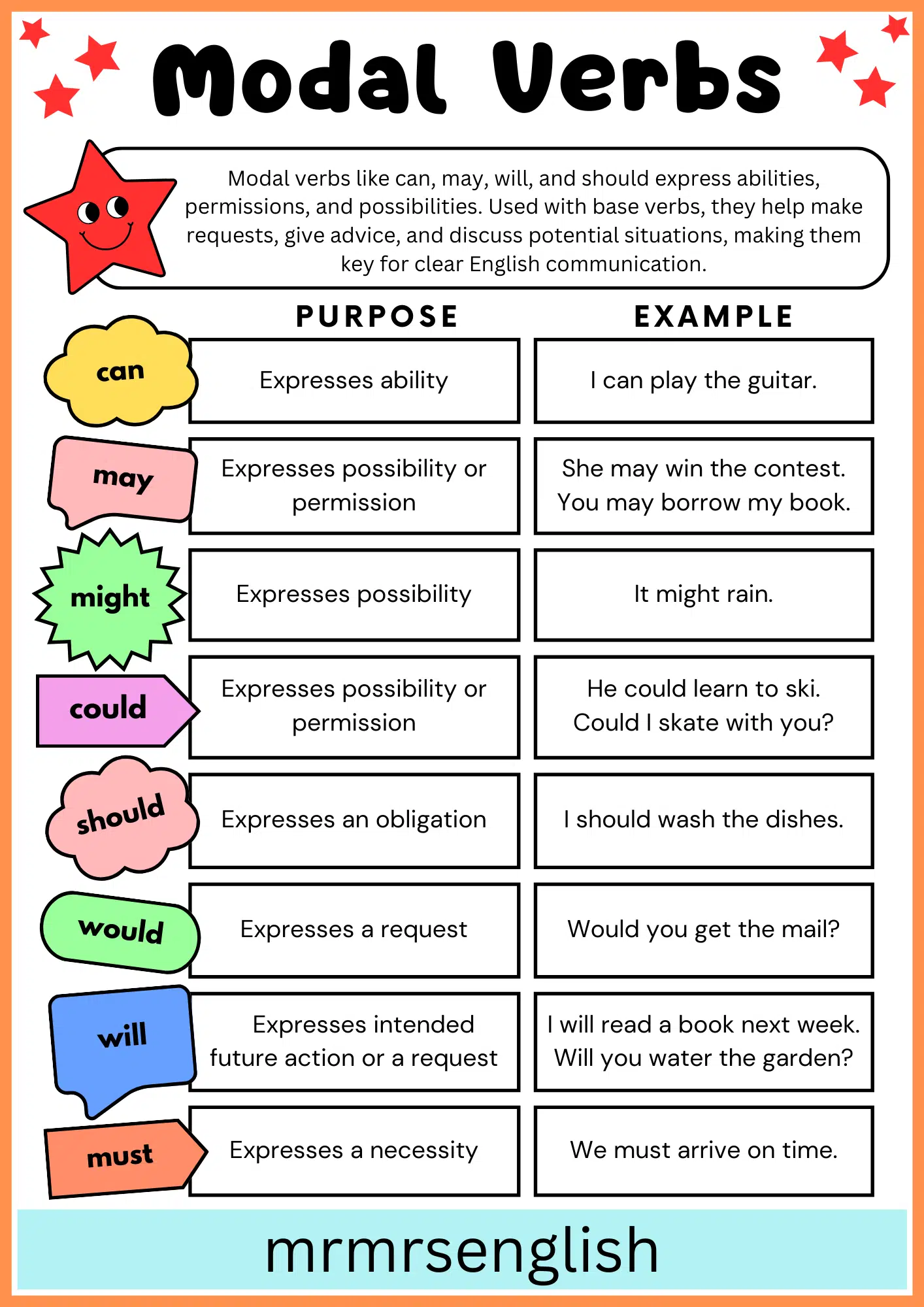

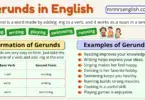
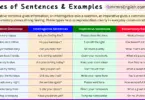
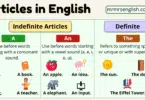
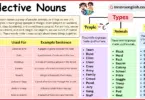
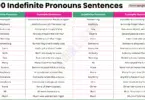
Leave a Comment